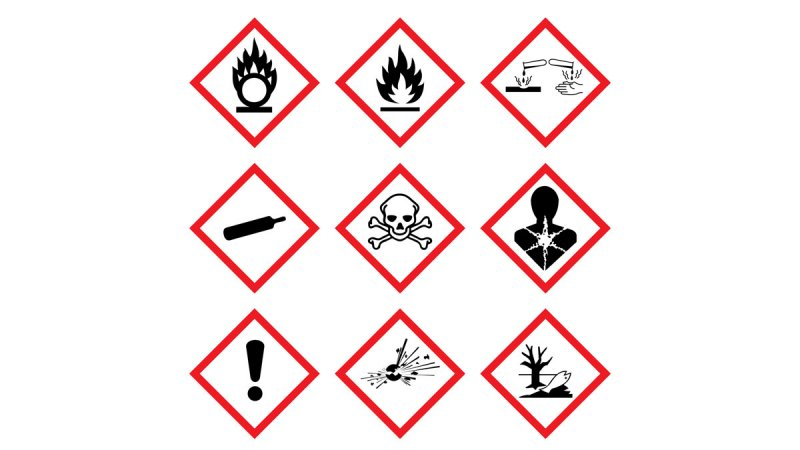With significant changes in workplace dynamics, including the rise of hybrid working, a renewed focus on mental health, as well as the Labour’s promise of the New Deal for Working People, the Health and Safety Executive (HSE) and other regulatory bodies emphasise that businesses not only comply with legal requirements but also foster a proactive safety culture.
As we approach 2025, businesses must adapt to evolving standards and regulatory updates in workplace health and safety.
Like it or not, health and safety is of the utmost importance in teh UK and there is a range of legislation created with the aim of establishing health and safety culture within UK workplaces. In turn, health and safety must be at the top of the priority list for organisations of any size that have employees because well, first of all, it’s the law, and moreover, there are actually a slew of concrete benefits for employer and employee alike.
Our new guide, “What to expect in health and safety in 2025,” outlines trends, challenges and strategies that businesses need to navigate in health and safety in 2025 including fire safety, emergency response, worker protections and the new Employment Rights bill, remote and hybrid working, mental health and wellbeing, and more.
















